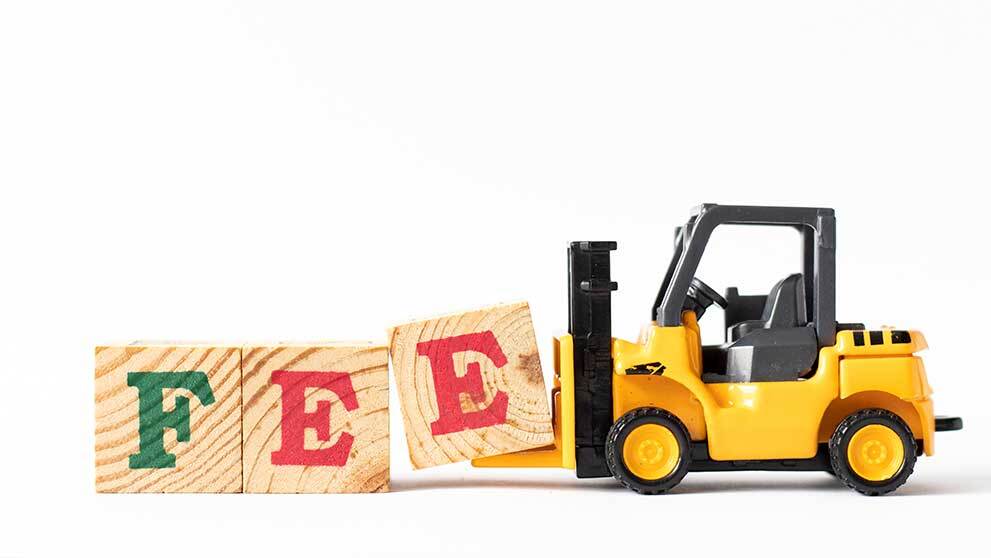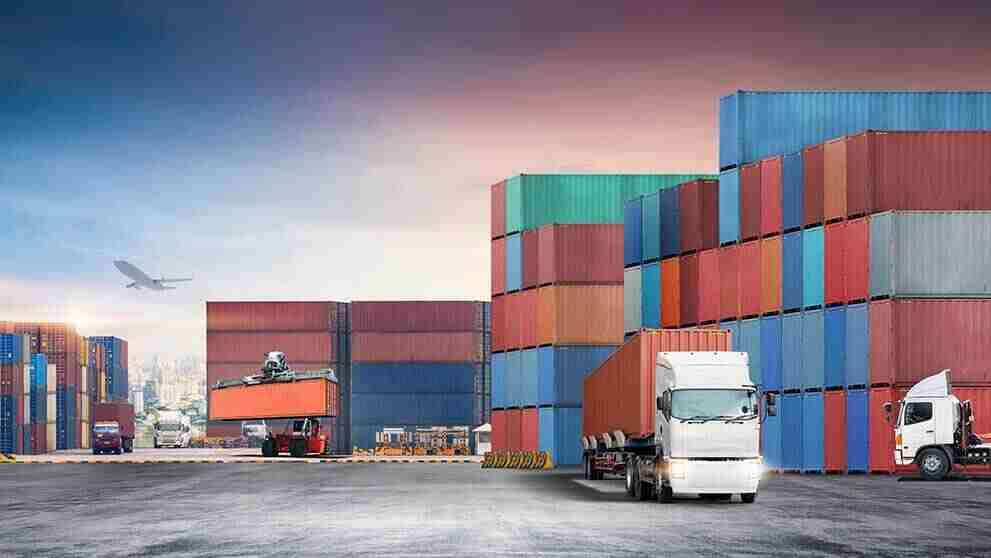For many Kenyan businesses, especially those heavily reliant on imported goods, import tariffs represent a significant financial burden. Amidst current economic challenges and the high costs of operation, small and medium-sized enterprises (SMEs) must uncover every possible avenue to reduce expenses and enhance profitability. Did you know that Kenya offers several import waivers that can substantially lower these costs for SMEs?
These waivers are a golden opportunity to save money and boost your bottom line. Understanding and leveraging these waivers is essential for any SME aiming to manage its finances effectively. Let's explore how you can take full advantage of these opportunities.
Demystifying Import Waivers
Import waivers are exemptions or reductions on certain duties and taxes that businesses typically incur when importing goods. These waivers are designed to spur economic growth, support local industries, and make essential goods more affordable.
In an effort to combat the ongoing food crisis and soaring food prices, the Kenyan government has announced import waivers for specific food products. These exemptions apply to raw materials used in animal feeds, such as yellow maize and soybean meal, as well as white maize grain and grade 1 milled rice. These measures aim to lower food prices and reduce the cost of living for Kenyans.

Key Import Waivers in Kenya
Here are some crucial import waivers that Kenyan SMEs should be aware of:
Duty Remission Scheme (DRS): The DRS allows manufacturers to import raw materials and intermediate goods without paying import duties. This waiver is particularly beneficial for businesses involved in manufacturing and processing, as it reduces the cost of production inputs. To enrol in the programme, a manufacturer must submit an application to the committee, including a valid Tax Compliance Certificate, a Certificate of Incorporation, a VAT Registration Certificate, and an identification certificate for tax purposes (PIN, TIN, or UIN). Additional documents may be requested by the committee.
East African Community (EAC) Customs Management Act: As a member of the EAC, Kenya benefits from regional agreements that offer duty-free access to certain goods imported from other EAC countries. This can help businesses source materials and products at lower costs from neighbouring nations. The EAC trade value was recorded at $10.17 billion, representing a 20% share of intra-trade global trade, highlighting the importance of regional trade agreements.
Exemption on Agricultural Inputs: To support the agricultural sector, Kenya offers import duty waivers on various agricultural inputs such as seeds, fertilisers, and machinery. SMEs in agriculture can significantly reduce their operating costs by taking advantage of these exemptions. Agriculture is the backbone of Kenya’s economy, contributing 33% to the GDP and employing over 40% of the population, according to the Kenya National Bureau of Statistics (KNBS).
Food Product Import Waivers: In response to rising food prices and a national food crisis, the Kenyan government has issued gazette notices exempting import duties for specific food products. These exemptions cover raw materials used in animal feeds, such as yellow maize and soybean meal, as well as white maize grain and grade 1 milled rice. Importers must meet certain requirements and bring in the specified products before the set deadline to qualify for these waivers, which aim to lower food prices and reduce the cost of living.

Maximising the Benefits
To fully benefit from these waivers, SMEs need to be proactive and well-informed. Here are some practical steps to help you maximise the advantages of import waivers:
Stay Informed: Keep up-to-date with the latest policies and regulations regarding import waivers. Government websites and trade associations are excellent sources of information. Regularly reviewing updates ensures you don't miss out on new opportunities or changes in existing waivers.
Consult with Experts: Engaging with trade consultants or legal experts who specialise in import regulations can provide valuable insights and guidance. These professionals can help you navigate the complexities of the waiver application process and ensure compliance with all requirements.
Leverage Technology: Utilise digital tools and platforms to streamline your import processes. Online applications for waivers, electronic documentation, and tracking systems can make the process more efficient and reduce the likelihood of errors or delays.
Plan Your Imports Strategically: Timing your imports to coincide with waiver periods or aligning them with specific investment projects can maximise your savings. Effective planning and coordination with suppliers are crucial to making the most of the available waivers.
Partnering with DHL for Seamless Logistics
Navigating import waivers and international logistics can be challenging. This is where partnering with a trusted logistics expert like DHL can make a significant difference. With our extensive experience and global network, DHL can help you manage the complexities of importing goods, ensuring timely and cost-effective delivery. By partnering with DHL, you can focus on growing your business while we handle the logistics, ensuring your imports arrive on time and within budget.
In Conclusion
Import waivers present a valuable opportunity for Kenyan SMEs to reduce costs and enhance their competitiveness. By staying informed, consulting with experts, leveraging technology, and planning strategically, you can make the most of these waivers. Embrace these opportunities to ensure your business thrives in the dynamic Kenyan market.





































